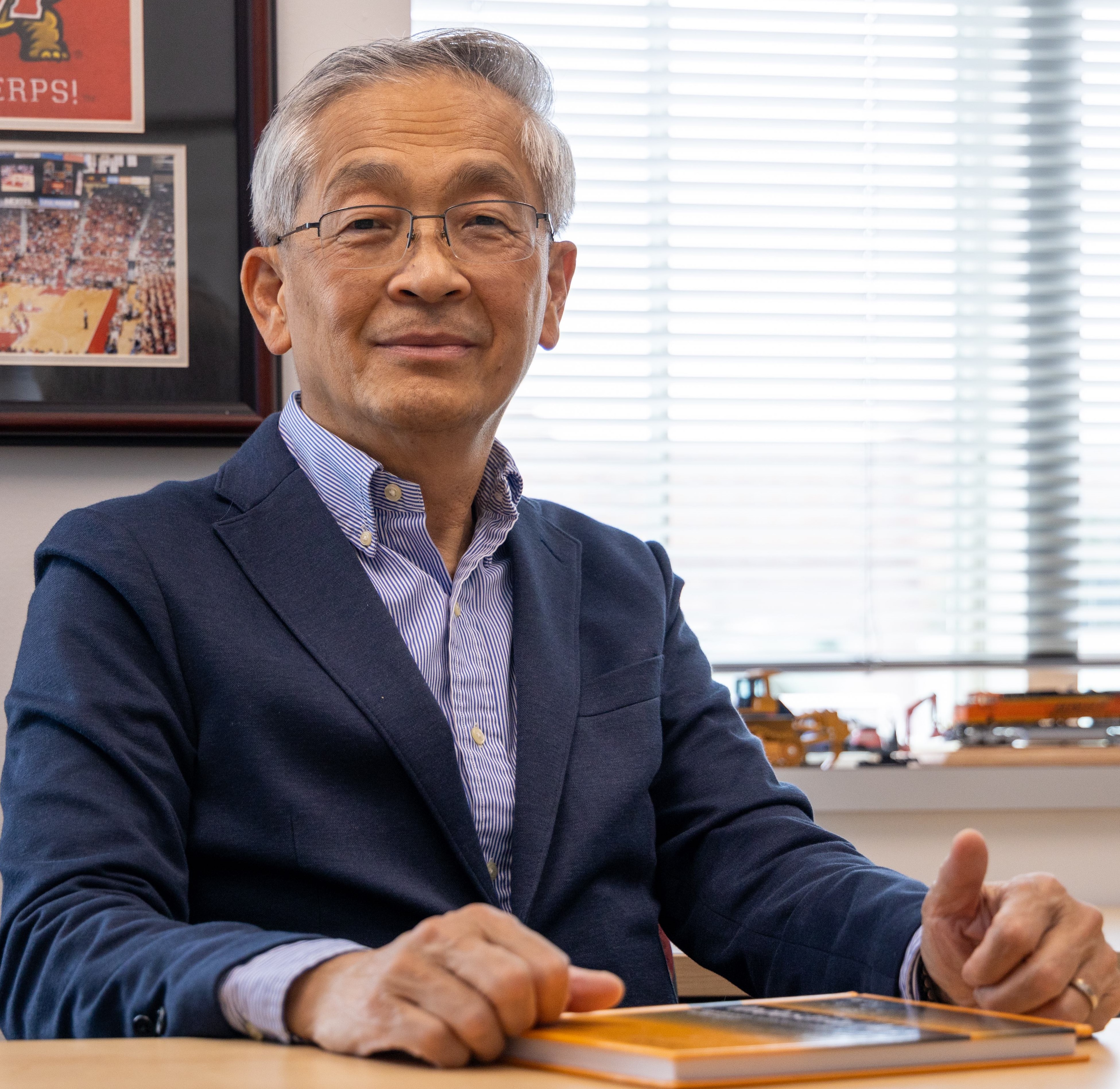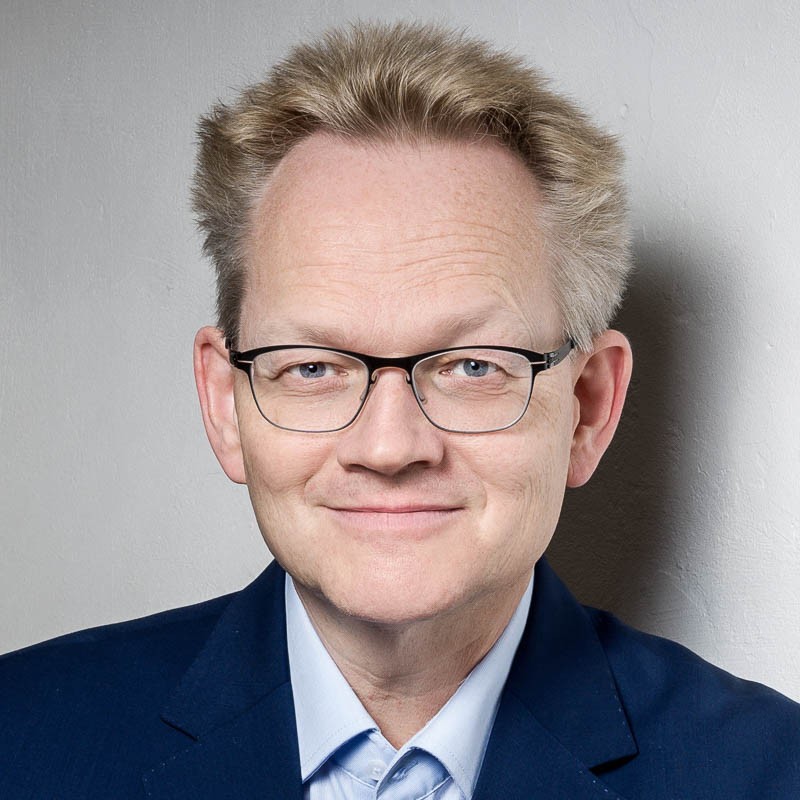Professor Jay Lee |
Professor Jay LeeClark Distinguished Professor & Director of Industrial AI Center, University of Maryland College Park Recent Advances of Industrial AI Augmented CPS for Highly Connected and Complex Industrial Systems
Abstract:AI is one of the most powerful technologies of our time, with broad applications with capabilities to predict the invisible problems to avoid, and ultimately to create a worry-free and resilient system. According to a recent study report from National Academy of Engineering, the key issues to successfully develop and deploy AI for industrial applications including the lack of good quality of data as well as lack of systematic approach in developing and validating AI. This presentation will give an introduction about recent advances of Industrial AI for highly complex engineering systems. First, Industrial AI systematic approach and non-traditional machine learning techniques will be introduced. Case studies on lessons learned from different industries including semiconductor manufacturing, wind farm, electrification, and healthcare/medical systems, etc. will be given. In addition, issues data quality and training industrial AI skills through data foundry for high performance and real-time data analytics in future talents will be discussed. Biography: Previously, he served as an Ohio Eminent Scholar, L.W. Scott Alter Chair and Univ. Distinguished Professor at Univ. of Cincinnati. He was Founding Director of National Science Foundation (NSF) Industry/University Cooperative Research Center (I/UCRC) on Intelligent Maintenance Systems (www.imscenter.net) during 2001-2019. IMS Center has developed research memberships with over 100 global company since 2000 and was selected as the most economically impactful I/UCRC in the NSF Economic Impact Study Report in 2012. He mentored his students and developed a number of start-up companies including Predictronics through NSF iCorps in 2013. He has developed Dominant Innovation® methodology for product and service innovation design. He was on leave from UC to serve as Vice Chairman and Board Member for Foxconn Technology Group during 2019-2021 to lead the development of Foxconn Wisconsin Science Park in Mt. Pleasant, WI (www.foxconnwiofficial.com). In addition, he advised Foxconn business units to successfully receive six World Economic Forum (WEF) Lighthouse Factory Awards since 2019. He is a member of Global Future Council on Advanced Manufacturing and Production of the World Economics Council (WEF), a member of Board of Governors of the Manufacturing Executive Leadership Council of National Association of Manufacturers (NAM), Board of Trustees of MTConnect, as well as a senior advisor to McKinsey. Previously, he served as Director for Product Development and Manufacturing at United Technologies Research Center (now Raytheon Technologies Research Center) during 1998-2000, as well as Program Director for a number of programs (including ERCs, I/UCRCs, and Materials Processing and Manufacturing Programs) at NSF during 1991-1998. He was selected as 30 Visionaries in Smart Manufacturing in by SME in Jan. 2016 and 20 most influential professors in Smart Manufacturing in June 2020, and has received SME Eli Whitney Productivity Award and SME/NAMRC S.M. Wu Research Implementation Award in 2022. His new book on Industrial AI was published by Springer in 2020. He received his D.Sc. Degree in Mechanical Engineering from GWU in 1992. |
Roland Essmann |
Roland EssmannIA Digital Factory Leader Global, Honeywell Artificial Intelligence of Things in ManufacturingAbstract:How can we empower our factory teams to gain productivity - fast and straightforward? With AIoT - a combination of Artificial Intelligence and the Internet of Things we see great opportunities to change the way how we collect and analyze data every day in our factories globally. In close cooperation with leading universities we investigate the next steps on providing our shop floor workers actionable insights and guidance for more efficiency.
Biography: |
Professor David M. Nicol |
Professor David M. NicolDirector, Information Trust Institute, University of Illinois Urbana-Champaign Models, Data, and Discrete-Event Systems Simulation in the Study of Industrial Cyber-Physical SystemsAbstract:Discrete-event systems simulation is a foundational tool in the planning, development, evaluation, operation, and maintenance of many different kinds of systems. It has been used for decades in application domains such as manufacturing, chip design, computer systems, communication systems, transportation systems, and many more. In the last two decades it has been coupled with simulators of physical systems to create sophisticated digital twins. In the last two decades I've personnally used it in support of cyber-security analysis of electric power systems, with an increasing emphasis on the role that observational data plays, particularly in the areas of model development and model validation. In this talk I'll describe some of my own experience, speak to broader applications in the realm of industrial cyber-physical systems, and identify open challenges for the methodology that I see in those applications. Biography:David M. Nicol holds the Herman M. Dieckamp Endowed Chair in Engineering at the University of Illinois Urbana-Champaign, and is a member of its Department of Electrical and Computer Engineering. Since 2011 he has served as the Director of the Information Trust Institute (ITI), the focal point for large-scale research projects at UIUC in areas related to the trustworthiness of systems, which include cyber-physical systems, industrial control systems, and most specifically, critical infrastructures such as electrical power, oil and gas, and communications. Nicol develops technologies that assess the trustworthiness of critical infrastructures and assess the risk of those critical infrastructures to accidental and intentionally generated upset events. He brings to these tasks career-long experience in developing means of modeling large-scale systems, and of using high performance parallel computation to evaluate those models. He is co-author of the widely used undergraduate textbook "Discrete-Event Systems Simulation", and is co-founder of the company Network Perception whose products are widely used in the electric industry, particularly for NERC CIP audits. Nicol holds a B.A. in Mathematics from Carleton College, and M.S. and Ph.D. degrees in Computer Science from the University of Virginia. He was elected Fellow of the IEEE and Fellow of the ACM for his research contributions and is the inaugural recipient of the ACM SIGSIM Distinguished Contributions Award. |



